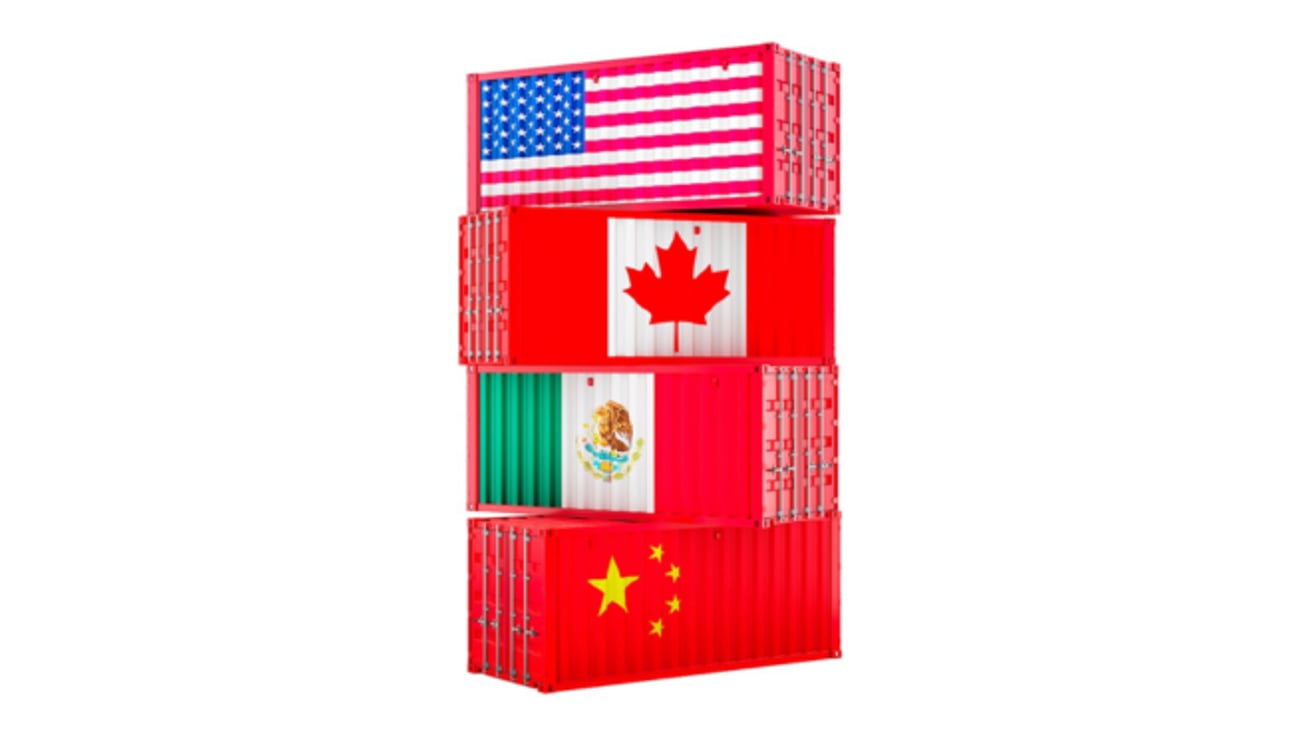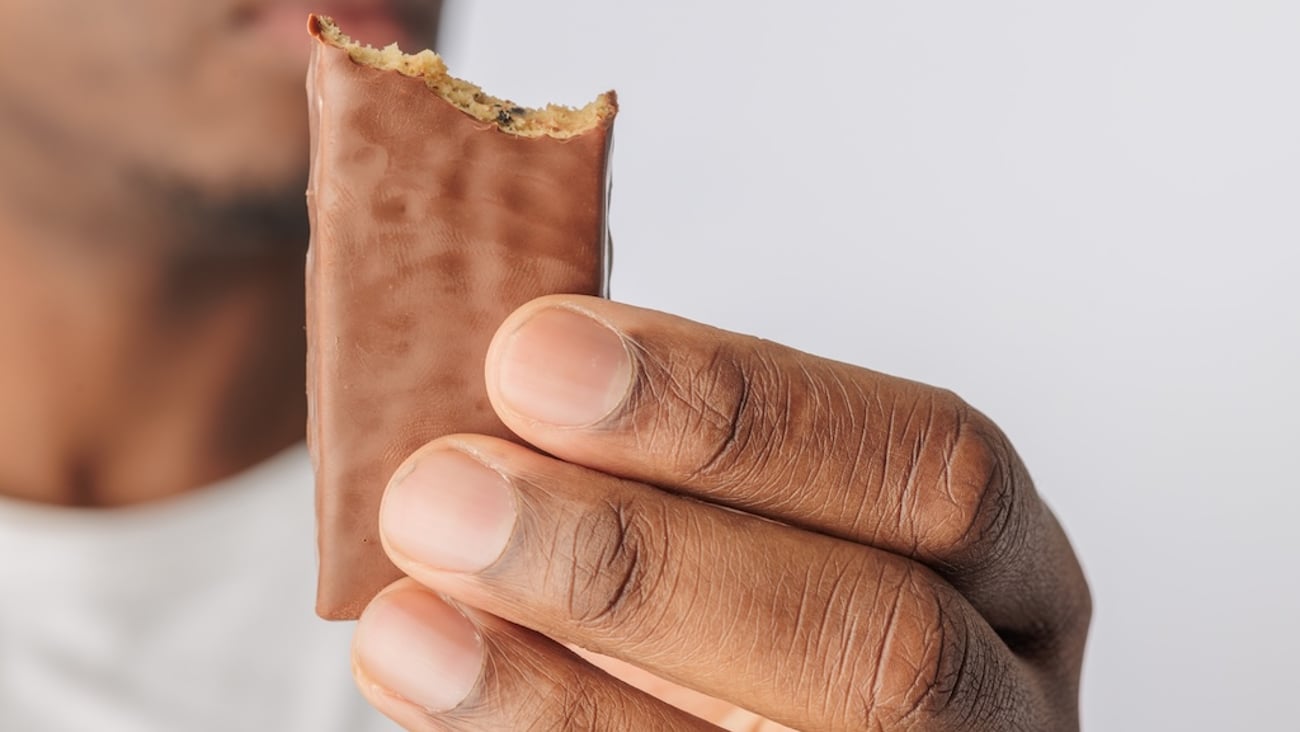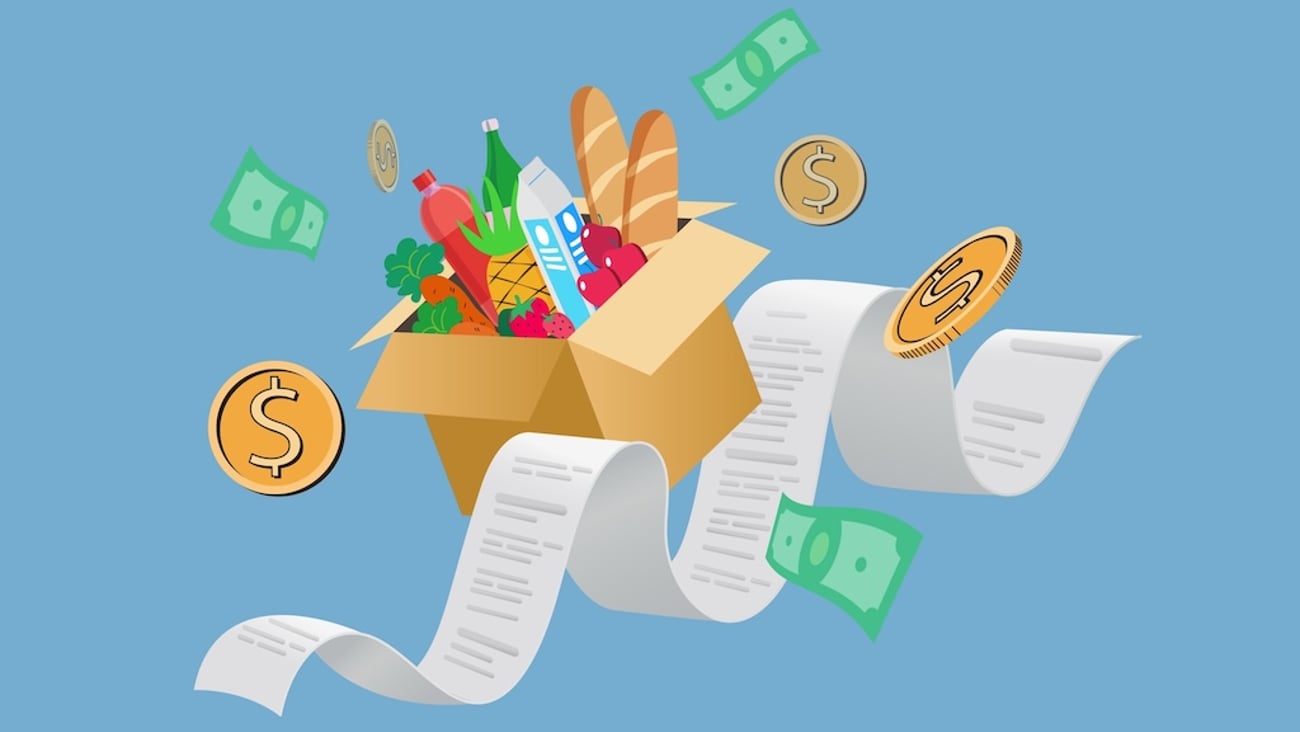Playing Russian roulette with food security and brand reputation
With war comes economic sanctions, and the invasion of Ukraine by Russia is no exception. Canada has targeted the banking system, barred Russian airlines from using its airspace, cancelled all existing export permits and halted new ones, which primarily affects the aerospace industry. Nobody knows for sure if these sanctions will work, but both the energy and food sectors have been spared so far by all sanctioning nations.
Sanctions are designed to affect Putin’s regime, not Russia’s people, recognizing that many Russians may not even be supportive of the invasion of Ukraine. Corporations are also potentially affected, as some Canadian companies in the food sector have invested in Russia over the years.
For one, McCain has halted construction on a $200-million plant in the Russian Tula region, but it’s been reported that the company is still conducting business in Russia. McCain has, however, announced it would donate $200,000 for relief efforts in Ukraine, making clear it condemns Putin’s actions against Ukraine.
Maple Leaf Foods, which doesn't operate in Russia, has opted to give $500,000 in relief funds to help Ukrainians. Good on them.
Convenience store giant Alimentation Couche-Tard just announced it was suspending operations in Russia, where it operates 38 Circle K stores and has more than 320 employees. Some Canadians had called for a boycott of the company's Mac’s and Circle K stores until it made a clear decision to cease its operations in Russia. That is likely why it did. The company also donated US$1.5-million to the Red Cross in recent days.
Asking these companies to pull out and stop doing business with Russia is the easiest and most obvious thing to do. The atrocity of the invasion is simply inexcusable, but we also need to keep in mind that these Canadian companies are very much part of Russia’s food security. On the surface, closing convenience stores or not selling French fries could be seen as trivial, but any corporate decision to cease doing business in the country would compromise Russia’s access to food, thus penalizing its people. It’s truly a delicate balancing act between reputational risks and food security. The stakes are different when compared with other economic sectors.
Last week, Prime Minister Trudeau was vague and non-committal regarding whether his government would compensate Canadian companies hurt by sanctions imposed on Russia. To compensate companies conducting business abroad affected by war-time sanctions would set a very dangerous precedent. To be crystal clear, Ottawa should not compensate Canadian companies hurt by sanctions imposed on Russia, including companies in the agri-food sector. The reality is this: geopolitical risks are always in the mix when investing abroad. It was these companies, not the Canadian people, who took on these risks when they opted to invest in Russia.
Moreover, many of these companies would have insurance and proper coverage against such sanctions. And in case Canadians were not aware, sanctions against Russia started more than eight years ago when Russia invaded Crimea. Our Canadian companies should not be surprised by how things are unfolding, and Canadian taxpayers should not be on the hook for this.




